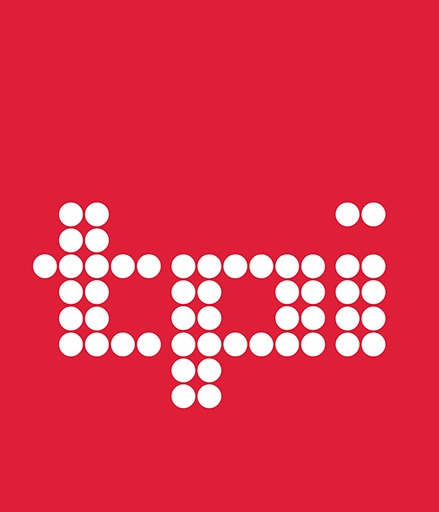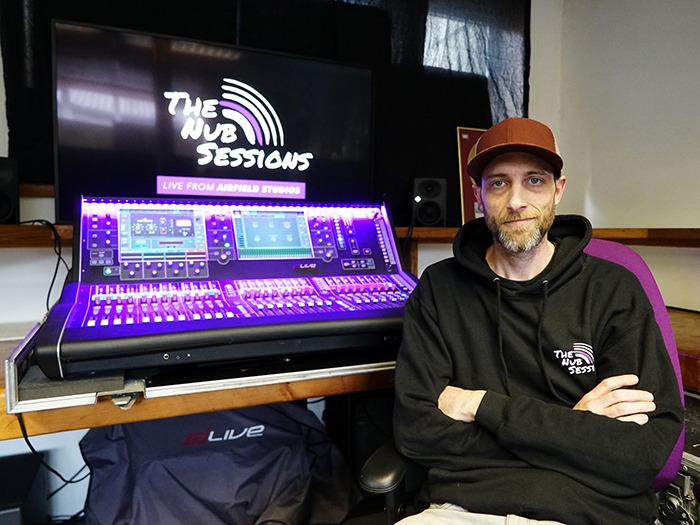The brainchild of Plymouth-based AV supplier Nub Sound, The Nub Sessions is a live-streamed music show broadcast on YouTube since November 2020. A wide variety of both local Cornish talent and artists from around the UK have featured on the show – including Jamie Lawson, Seth Lakeman, Eliza Shaddad and Antimatador – streaming from The Airfield Studios in St Merryn and Plymouth’s new Market Hall venue.
At the heart of the Nub Sessions’ audio delivery is an Allen & Heath dLive digital mixing system, employed for band, broadcast and monitor mixes and selected for the task by the driving force behind the show, Nub Sound Managing Director of Live Events and Touring, Rob Simpson.
Explaining the initial decision to launch Nub Sessions, Simpson said: “It stemmed from Nub Sound having a lot of resources, both equipment and personnel, locked up and on furlough during 2020. We wanted to do something both to support both artists and crew and give them a focus while live performances were impossible. We applied for some seed funding to enable us to launch Nub Sessions and the initial requirement was to feature just four local acts. It’s grown rather significantly since then!”
The first series saw Simpson take care of band, monitor and broadcast mixing duties single-handed – something he describes as being “way too much, really” – on a dLive surface, with the set-up for series two involving a rather more comprehensive array of both Allen & Heath products and Nub Sessions crew.
“As Nub Sessions grew and we became more ambitious for it in 2021, we’ve ended up with a DM48 MixRack in the main studio area, which operates as the heart of the system, alongside a DX168 audio expander” Simpson explained. “The main band mix was done on a dLive S5000 surface, with an S3000 for the broadcast mix and we used IP8 Remote Controllers dotted around the spaces too, so we had multiple ways to access and control the systems. Working with Allen & Heath’s dLive Director software on laptop was extremely useful as well – the venues were a good size and so the distance between artists could be considerable. Being able to make changes remotely from the dLive surfaces is fantastic in situations like this.”
“As far as networking everything is concerned, we’re using AES into the broadcast desk and a Dante card for multitracking the live performances. The choice of networking options with dLive really sums up one of the best things about the system for me – it’s incredibly flexible and easy to use because it’s so customisable. However you want to work in a given situation, you can set dLive up to make it work for you.”


